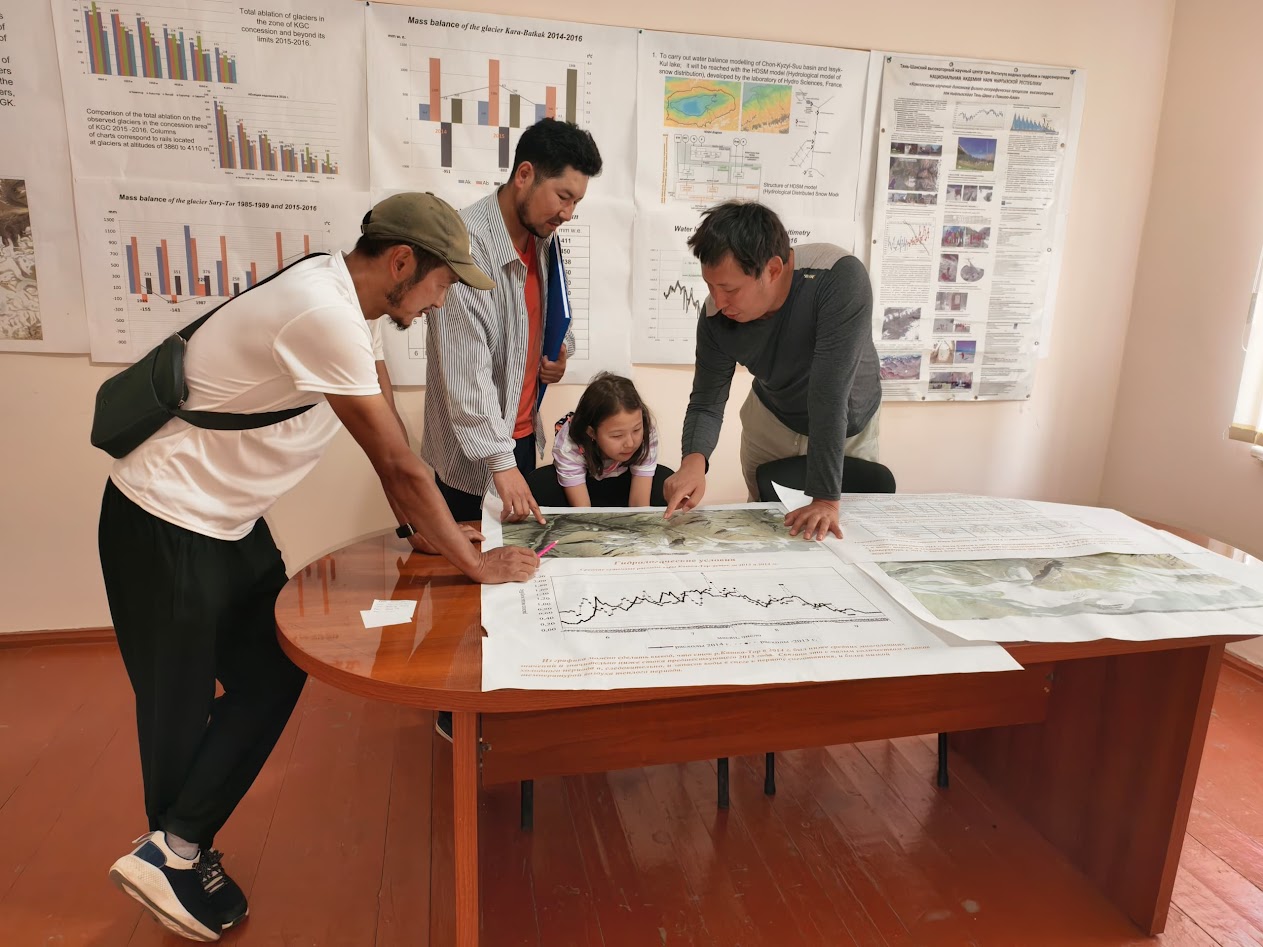We are now entering the next stage of our climate project focused on monitoring natural phenomena in the high-mountain regions of the Pan-Third Pole. This phase is about scaling—reaching more remote areas, collecting more reliable data, and doing so with tools that are both affordable and practical in extreme conditions.
It’s remarkable that at a time when everyday life is supported by advanced technologies—robotic vacuums, smart thermostats, and self-driving cars—the monitoring of critical natural hazards like glacial lake outbursts, glacier melt, and landslides in some of the world’s most fragile regions still relies heavily on manual or semi-automated methods. Meanwhile, the number of trained climatologists remains extremely limited, and this field continues to receive only a fraction of the funding it needs.
To help close this gap, we, the Internet Society Kyrgyz Chapter and Abdus Salam International Centre for Theoretical Physics (ICTP), are preparing to test new telecommunication solutions that drastically cut the cost of data transmission—by up to a hundredfold when measured across the full system lifecycle. This makes it possible to connect more locations without the usual financial and logistical barriers. We’re also working with specially adapted meteorological and environmental sensors that are significantly more affordable than traditional models, yet still meet the accuracy requirements for climatological research. These sensors are designed to withstand harsh alpine environments where many commercial solutions fall short. In addition, we are exploring the use of simple and accessible AI tools to help process and interpret the growing volume of data in ways that support faster, more informed decision-making.
This project is not only about technology—it’s about the landscapes and communities of high-mountain regions like Kyrgyzstan, Tajikistan, Nepal. It offers a chance to work closely with local people, experience the beauty of these remote environments, and contribute meaningfully to global efforts in disaster monitoring and climate resilience.
This project is funded by the Internet Society Foundation Research Grants Programme

Aziz Soltobaev is multifacted professional at the intersection of technology, policy and artificial intelligence. With a rich background on digital policy and research, Aziz has established himself as a prominent figure in the field of advanced technologies, contributing significantly to various initiatives aimed at shaping responsible AI governance and deployment.
As cofounder and programs manager Aziz leads projects related to frontier communication technologies, digital innovations, climate change and artificial intelligence. He regularly posts updates from the field trips on his Linkedin profile.


